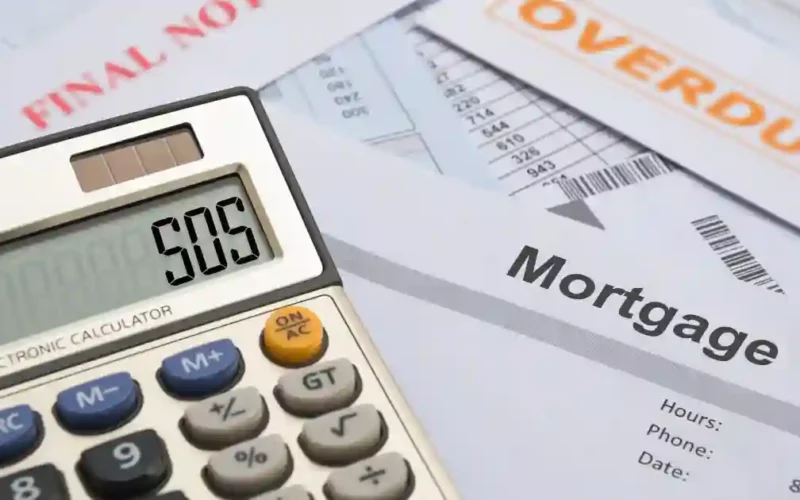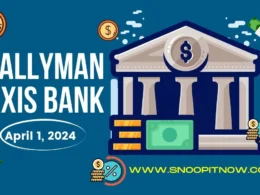Most loans, such as student loans, mortgages and credit cards, come with a payment deadline. When a loan goes delinquent, it can have serious credit consequences.
Lenders can typically report a missed payment to the consumer credit bureaus once an account is 30 days past due. The impact on your credit will depend on the specifics of your lender’s policy and how late your payment is.
Defaulting
The difference between being delinquent on a loan and defaulting on it can be significant. Both have consequences that can impact the borrower’s credit, but the distinction is important to understand because it relates to whether or not the lender will pursue legal action against the borrower for nonpayment.
While there are exceptions, lenders usually consider a 금융계산기 to be delinquent after 60 days of missing payment. Lenders may contact borrowers at this point and begin to aggressively collect on the debt.
It is possible to recover from being delinquent on a loan or credit card account by making up any past-due payments and bringing the account current. But the process can take time, and any missed payments will continue to affect your credit score.
As a result, many people who miss payments on an unsecured loan like a personal or student loan will eventually move into default on that account. A lender can legally pursue legal action for default, but a borrower can often negotiate a settlement with a collection agency to settle the debt.
Borrowers can also seek help from friends and family for support, or they can look into financial counseling to get back on track with their payments. Some employers also offer programs to help their employees who are struggling with financial difficulties.
Late Payments
Lenders set a deadline for when borrowers are expected to submit a payment on their loan. The loan is considered delinquent if it’s not paid by the due date. Depending on the terms of your agreement, lenders may report delinquency to national credit bureaus which will hurt your credit rating. Additionally, late fees are charged and your loan balance will be increased. The lender can also withhold your paycheck or withhold federal and state income tax refunds in order to pay off the debt you owe.
In some cases, lenders don’t consider a loan to be delinquent until it’s 30 days past the due date. However, the precise number of days varies from lender to lender. If you’re only a few days behind in your payments, it will probably not affect your credit scores. However, you should speak to your lender about your concerns. They might be able to help you out by giving you a grace period or offering other financial assistance like a deferment or modification.
When a borrower is more than 30 days behind on their payments, the credit reporting agencies are typically notified. This marks the first point at which a delinquent status could appear on your credit report and hurt your score. Depending on your lender’s policies, you might be hit with additional late fees at this stage and the loan will most likely be assigned to a collection agency.
Collections
Lenders may send your 연체자대출 to collections, which can be a very distressing experience. Collections can include phone calls, letters and visits from debt collectors who attempt to collect on the outstanding balance.
Debt collection laws vary by state and the specific rules that govern debt collection are complex and sometimes difficult to understand. In general, borrowers must be willing to pay off the debt if they want to avoid collections or even just stop receiving calls and letters.
If a borrower continues to miss payments, the lender can report a delinquency or default to national credit bureaus. These notations stay on a borrower’s credit report for seven years. The impact on a borrower’s credit score depends on the type of loan and how long it is delinquent. Defaults are more serious than delinquencies and can result in the loss of a home or automobile, and may also have legal consequences.
Depending on the terms of their loan agreement, lenders and debt collectors may be allowed to use a variety of methods to collect on a debt, including wage garnishment, federal or state income tax refund offsets, and liens. However, the lender must follow a series of strict guidelines to ensure that any collection efforts are carried out in accordance with state law and that all funds are used toward the borrower’s outstanding loan balance.
Resolving Delinquency
While a single missed payment doesn’t stand to massively impact your creditworthiness, the impact increases significantly with each subsequent missed payment. This is why it’s important to keep up with your repayments as and when due. Often, businesses fail to meet loan payment deadlines because they are forgetful or do not have enough cash in their main account. Setting up automatic deductions from your bank account can help you avoid these issues and ensure that your repayments are sent to the lender on time.
If you’re able to contact the lender before your loan goes delinquent, they may be willing to work with you to rework the terms of your debt so that it’s more manageable for you. However, it is important to remember that a delinquent loan will be reported to the national credit bureaus and can negatively impact your credit score.
When a debt reaches 90 days past due, it becomes serious delinquency. At this point, it’s likely that the lender will either send the debt to a collection agency or charge it off from their books altogether. This will significantly impact your credit score, making it harder for you to secure new loans or credit cards in the future. However, if you pay off the debt before it goes to collections, it won’t have a significant negative impact on your credit score.











